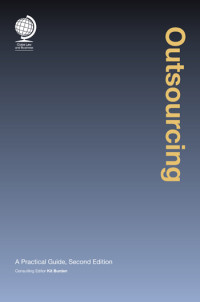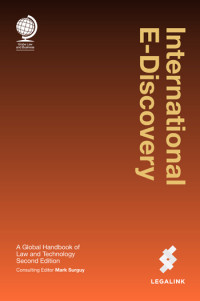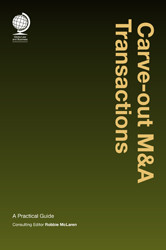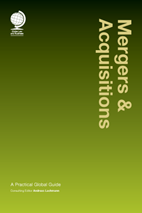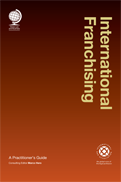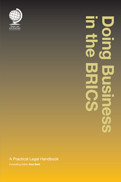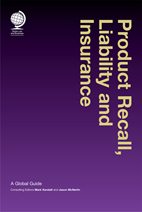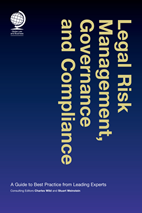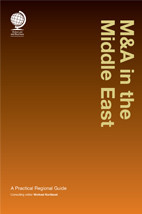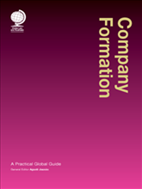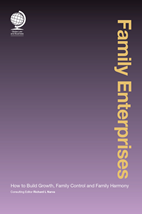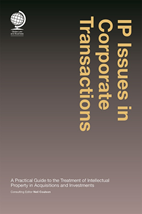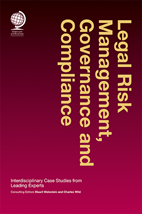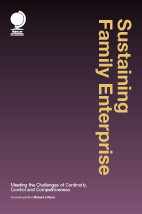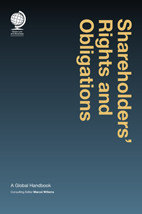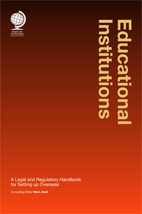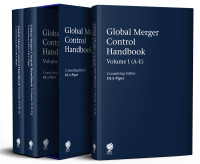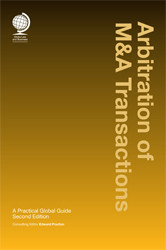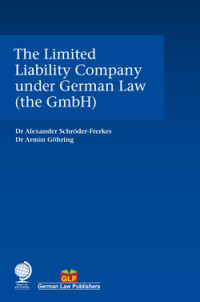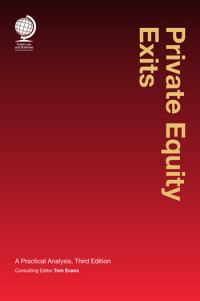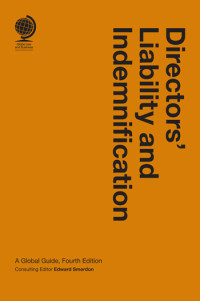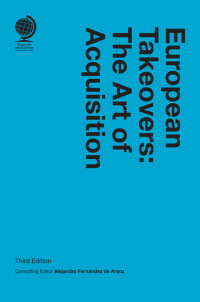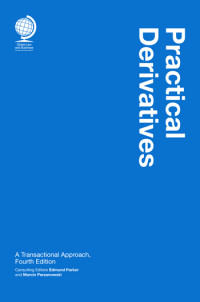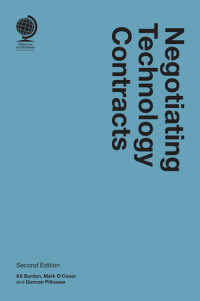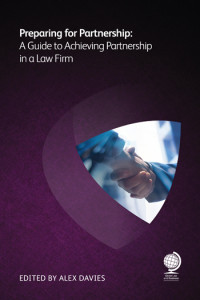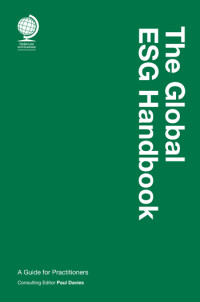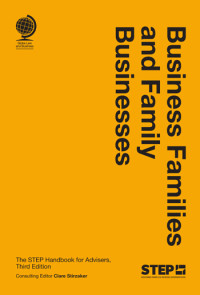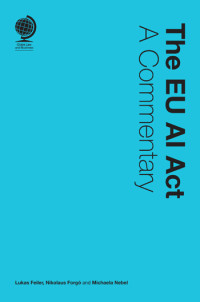
Consulting editor(s): Kit Burden - DLA Piper
Publication date: Feb 2021
Format: Hardback
Pages: 472
Price: £175.00
Discounted Price: £105.00
ISBN: 9781787424302
How our eBook platform works
How permanent access, multi-user eBooks work
Add to basket (UK and Europe)Add to basket (USA, rest of world)
Add to basket (UK and Europe)Add to basket (USA, rest of world)
Review for previous edition: Written in a lively and consistently accessible style, the book provides a global perspective and timely advice on this vital and intricate subject.
,
Outsourcing remains a global growth industry. New technologies and approaches have transformed the way in which services can be delivered with ever better service quality and lower cost, with robotic process automation (RPA) significantly reducing the numbers of supplier personnel required to deliver such projects, and the application of artificial intelligence tools dramatically improving some of the service outputs and outcomes. Now that the world is facing up to the impact of Covid-19 in terms of pressures on cost bases and the realisation that far more roles than previously understood can be effectively undertaken remotely, we can anticipate that there will be a further step change in the use of outsourcing as a core business strategy.
This book is the fully updated second edition of the key text on outsourcing written by the market-leading global technology and sourcing team at DLA Piper, one of the world's largest law firms. Writing from both a legal and commercial perspective, it considers the complete lifecycle of an outsourcing contract and the variety of legal and contractual issues that can arise in connection with such a project, from the initial genesis of the proposal to outsource all the way through the procurement process and onto post-contract signature contract management. In so doing, it also breaks down the core outsourcing contract into its constituent parts, explains the rationale for the relevant provisions (from both a customer and service provider perspective), and provides guidance as to current market practice, options and trends, including individual nuances relevant to particular jurisdictions.
The second edition also features new coverage of:
- The use of cloud 'backbones';
- New technologies such as RPA/artificial intelligence;
- Digital transformation;
- Data privacy; and
- Outsourcing in heavily regulated sectors.
Whether you are a user of outsourced services, an adviser on outsourcing projects or working with a service provider engaged in the provision of the outsourced services itself, this publication will provide you with an end-to-end guide to the outsourcing contracting process and the detailed terms to be considered and carefully negotiated.
New chapters:
- Artificial intelligence in outsourcing
- Data protection
- Regulated outsourcing
- Regional views, covering: Australia, Belgium, China, France, Germany, Italy, Netherlands, United Arab Emirates/Middle East, United Kingdom, United States
Also new to this edition:
- Consideration of the new approaches challenging the traditional market: eg, agile methodologies
- Coverage of AI and machine learning in outsourcing, guiding customers on how to take full commercial advantage of these game-changing technologies while avoiding the minefield of legal, ethical and regulatory challenges that arise
- Analysis of the key role that a dedicated project management function can play in a major outsourcing transaction
- Exploration of the importance of stress testing your contractual documentation to deal with unexpected events such as the Covid-19 pandemic and other force majeure style events
- Addition of US specific points as well as AI considerations in relation to warranties and delivery commitments
- Explanation of due diligence as a bi-directional process and the need to strike the right balance of risk between the cost and time of extensive due diligence versus the benefits to be gained from a rapid selection process, to help customers and service providers successfully navigate this defining aspect of an outsourcing arrangement
- Coverage of the increasing adoption of cloud-based transformation strategy, helping customers to understand the consequent changes to their wider business processes and ways of working, and service providers consider the new aspects required in their due diligence process
- Viewpoints and markets of different key global markets are captured and compared, addressing the imperative need to be aware of issues across borders and with different governing laws and cultural approaches in global outsourcing deals




